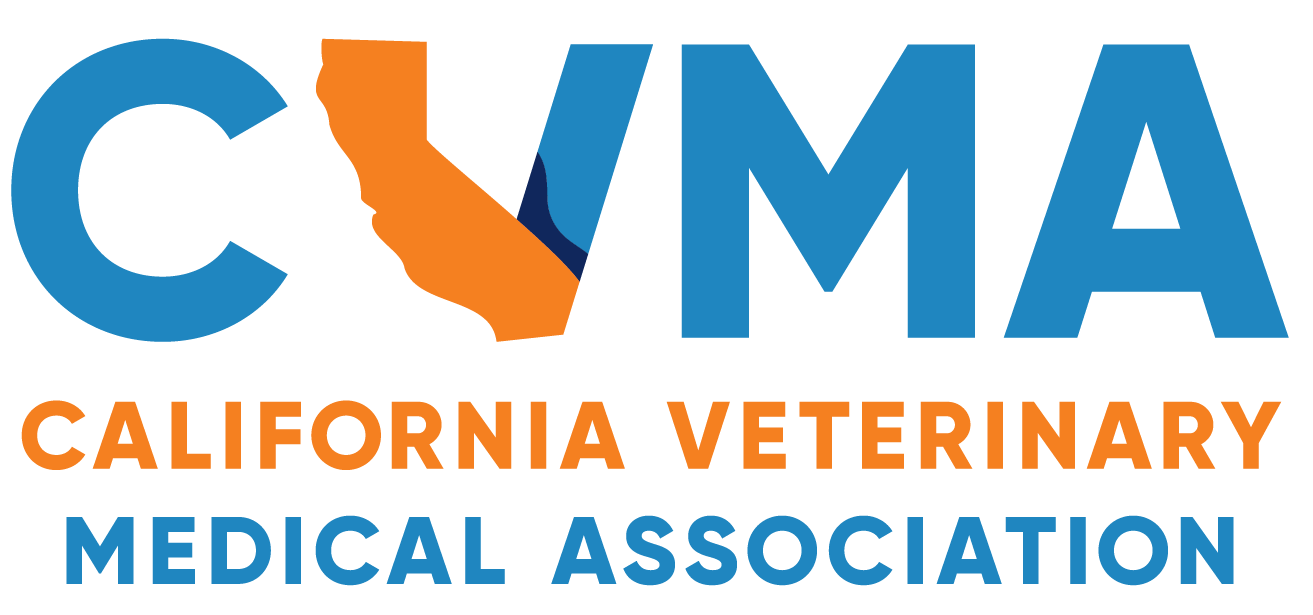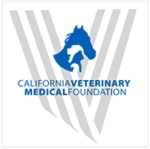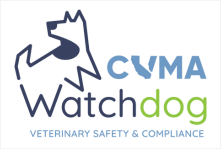By Jason Eldred, Wilke Fleury LLP
This article was originally printed in the July/August 2025 issue of the California Veterinarian magazine.
California veterinarians face complex legal challenges in their everyday practices. One such area concerns referring clients to the care of another veterinarian. This article explores the legal framework governing referrals for California veterinarians and potential sources of liability.
California case law makes clear that veterinarians are generally held to the same standard of care as medical doctors. This standard of care imposes a legal obligation on the veterinarian to exercise the degree of skill, knowledge, and care ordinarily possessed and utilized by members of the veterinary community under the same or similar circumstances. The question often asked is: “What would a reasonably prudent veterinarian do in the same or similar circumstances?”
Referrals are a common part of veterinary medicine, particularly when an animal requires specialized care or diagnostic procedures beyond the capabilities of the primary veterinarian. A referral may be made to a specialist, such as a veterinary surgeon, dermatologist, or oncologist, or to a facility with more advanced diagnostic equipment and/or the ability to manage emergency and critical care cases.
Where a veterinarian lacks the expertise or resources to manage and treat an animal, the veterinarian should advise the client that more qualified or specialized services may be available elsewhere, and should make a referral to an appropriate clinician, if possible.
Veterinarians should use their skill, expertise, and best judgment to determine whether a referral is necessary. If the veterinarian determines the patient should be referred to another veterinarian, there are a few things the veterinarian should do.
First, the referring veterinarian should ensure that the receiving veterinarian is qualified and licensed to adequately care for the patient. Second, the referring veterinarian should provide the receiving veterinarian pertinent patient information before or at the time of the latter’s first contact with the patient or client.
Third, once the receiving veterinarian gives their findings to the referring veterinarian, the referring veterinarian should communicate the findings with the client as soon as possible.
What if the receiving veterinarian fails to adequately care for the animal and commits malpractice? What happens to the veterinarian who gave the referral? Typically, once a veterinarian refers an animal to another veterinarian, the referring veterinarian is not liable for subsequent malpractice.
However, even though referring veterinarians are not ordinarily liable for subsequent malpractice, certain exceptions apply. If the referring veterinarian knew or should have known that the receiving veterinarian was unqualified or posed a danger to animal patients, the referral itself could be considered negligent.
To determine whether a receiving veterinarian’s lack of qualifications “should have” been known, we look at what a “reasonably prudent” referring veterinarian would do. Thus, if a reasonably prudent veterinarian under the same or similar circumstances knew or should have known that the receiving veterinarian was unqualified to care for the patient, then the referral could be considered negligent, and the referring veterinarian could be liable to the patient.
While it should go without saying, referring a client to anyone other than a licensed veterinarian could not only constitute a negligent referral; the referring veterinarian could also be aiding and abetting the unlicensed practice of veterinary medicine. Under California law, this could not only subject the referring veterinarian to charges of unprofessional conduct, but criminal charges as well.
Best Practices
Veterinarians should:
- Take steps to ensure clients are referred to competent, licensed veterinarians who can properly care for the referred patient. Veterinarians should thoroughly “vet,” as it were, all referrals.
- Maintain adequate records to give the receiving veterinarian information on the patient to render the best care possible.
- Communicate with the receiving veterinarian and promptly communicate important findings with the client.
- Be mindful not to enter into any referral fee agreement with other veterinarians. Such agreements are prohibited by law.
- Never refer to anyone other than another California-licensed veterinarian.
Conclusion
While veterinarians are typically not liable for subsequent malpractice by referred veterinarians, due diligence must be taken to ensure that the referral was made to a qualified, licensed veterinarian and in the best interest of the patient. By following best practices and procedures, veterinarians can ensure their patients receive appropriate care, even if a referral is necessary.









